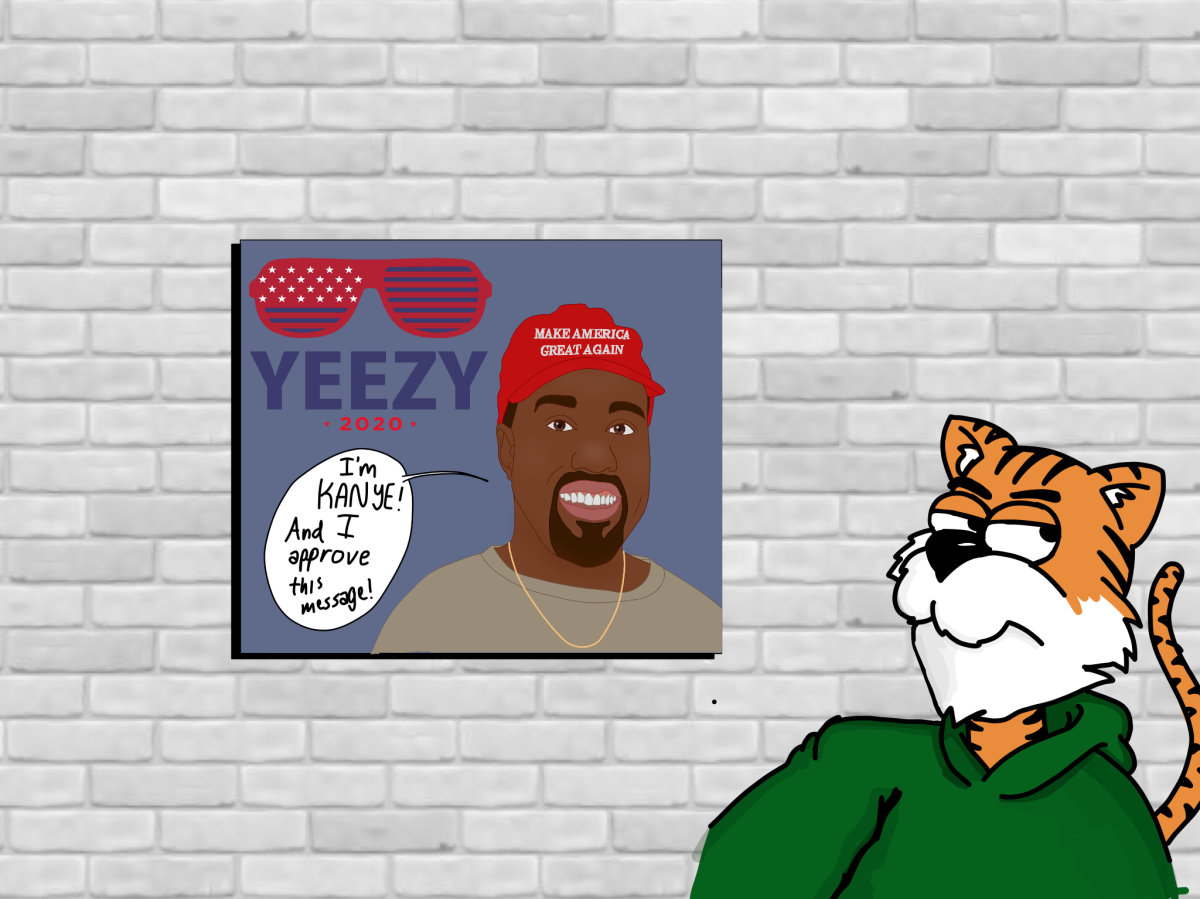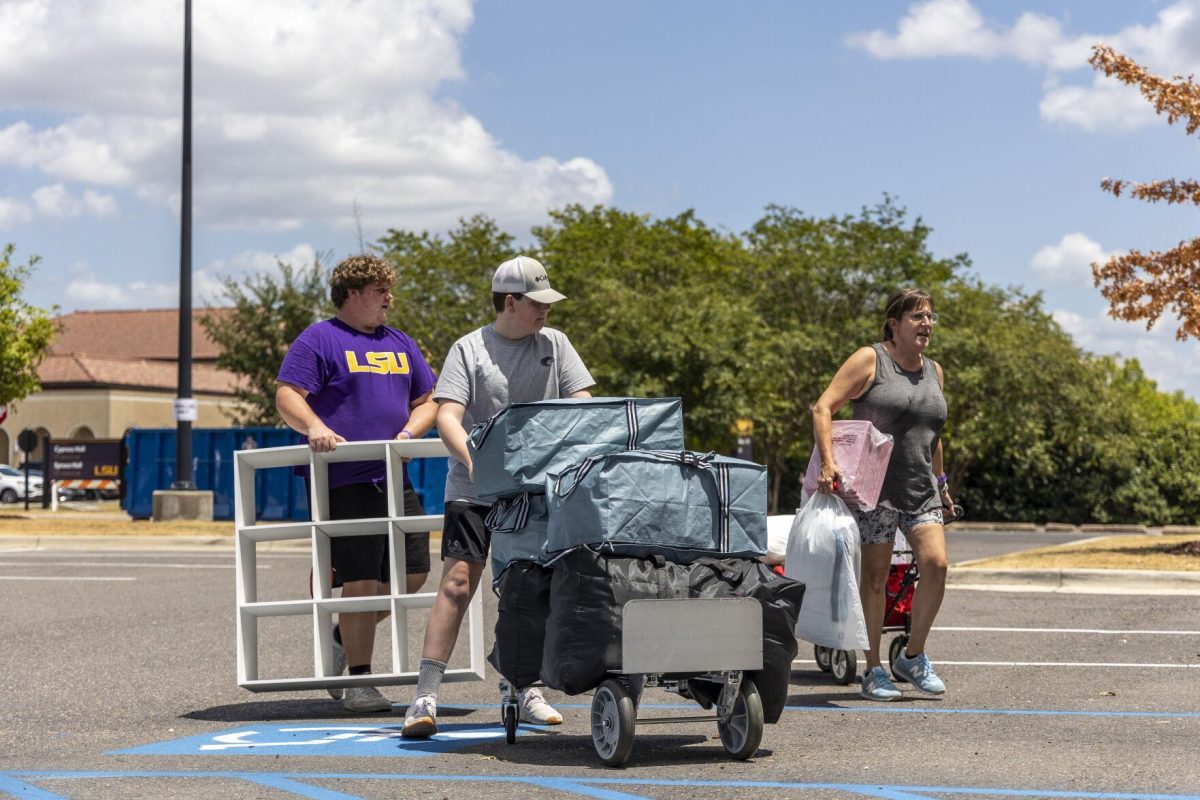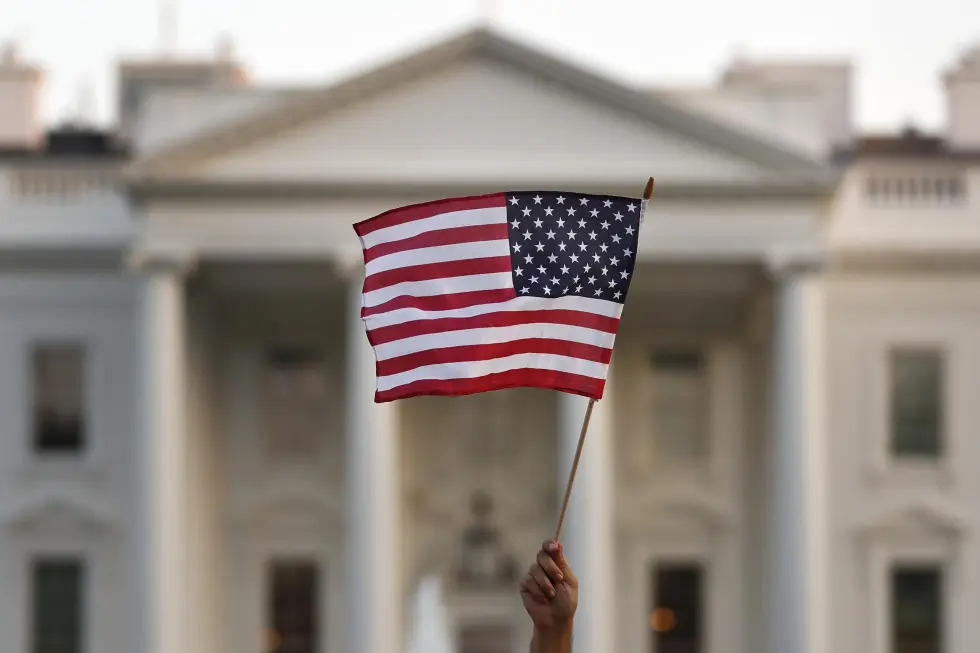Since the relatively bizarre and highly contested presidential election of 2016 — in which Donald Trump, despite losing the popular vote, won the electoral college — voter participation in the U.S. has seen a dramatic spike.
Recently, organizations like Geaux Vote LSU and other political clubs have stepped in to place particular emphasis on the notoriously abysmal youth voter turnout. Of course, this is important work that must continue — especially to ensure Louisiana students advocate for themselves in local and state elections — however, these well-meaning grassroots efforts have been seemingly dwarfed by those of big corporations and celebrities on social media.
If you’ve opened Instagram, Snapchat or even Uber in the past couple months, you’ve most likely been prompted to register to vote. These massive names are undeniably responsible for registering swarths of likely young voters.
The unfortunate counter-truth is that these same entities are responsible for peddling immeasurable voter misinformation, better known as fake news.
News and social media provide voters with misinformation ranging from mindless QAnon conspiracy theories to president Trump himself discrediting democratic mainstays like mail-in voting. Considerate civil forums shouldn’t host hate groups or vote-suppressing content.
Certain corporate entities even find themselves encouraging Americans to vote while simultaneously busting unions and underpaying their employees. Such political calls to action from indifferent or malevolent capitalists appear dreadfully insincere.
Of course, the brunt of voter suppression gets enabled in our legislatures and courts. Conservative judges actively strip our voting rights; Democrats confirm those judges while only mildly gesturing towards their fascistic beliefs.
Essentially, opponents of democracy win no matter how or if we vote. I’m certain we all can agree on the tendency for politicians to campaign on big promises only to disregard their constituents while in office. This two-fold combination of disenfranchisement and partisan apathy serves to actively and passively dissuade the electorate.
Besides: are we even really a democracy? As I mentioned earlier, the purely democratic popular vote — in which each person accounts for one vote — failed in 2016 to elect the popular candidate, Democrat Hillary Clinton.
While the function of representative democracy in the United States has been contested since its inception, one thing has always been certain: these systems are abused to suppress minority voters.
While we’ve foregone Jim Crow literacy tests, other mainstays like felon disenfranchisement and gerrymandering have rendered countless Black and Brown votes mute over the years. Antiquated regulations meant to protect the interests of slaveowners and the elite class continue to undermine democracy in 2020.
Speaking of, the ongoing election is already failing voters. Populous municipalities, especially those with significant minority populations like East Baton Rouge parish, face constant polling location changes and closures.
Waiting in line for hours to vote — in a pandemic, no less — is de facto voter suppression for the elderly, those with disabilities, wage workers and anyone who simply can’t make the time due to extenuating circumstances. These barriers to entry have no place in our democracy, especially amid such a chaotic year.
Of course, regular people can also fail to meet the moment when it comes to electoral politics and activism. An election cycle mainstay is the phenomenon of “vote shaming,” wherein often privileged individuals find themselves blaming third-party, disillusioned and disenfranchised voters alike for their presumed oppression.
Take the common phrase “a third-party vote/no vote is a vote for Donald Trump.” It’s hard to quantify how ineffective this strategy is on a statistical level, but I took the liberty of personally evaluating it: It sucks! Likening subjugated minorities to their oppressors truly accomplishes nothing.
Scrambling for the moral high ground, we may find ourselves patronizing potential voters and losing vital support. This can be especially problematic considering many Black Democrats take issue with Joe Biden’s record on racial issues.
Across the aisle, loyal working-class Republicans awaiting another Trump-signed stimulus check may oppose his inconsistent stance on post-coronavirus economy issues.
The inclination to shield our party’s candidates from criticism runs counter to our own political ambitions, when in truth, criticizing political figures does nothing to void our voting power.
Voter registration and participation should remain a high priority. Nevertheless, the hypocrisy of corporate and public figures encouraging voters while stripping our rights and spreading misinformation is demoralizing to say the least.
Voting is imperative, but not the summit of social activism and political ambition. Don’t “just vote.” Use politics to make your voice heard and exercise your human rights to the fullest.
Kevin Doucette is a 20-year-old political science junior from New Orleans.
Opinion: Please stop telling me to vote; more important work still to be done
October 14, 2020
Stop Telling Me to Vote!







